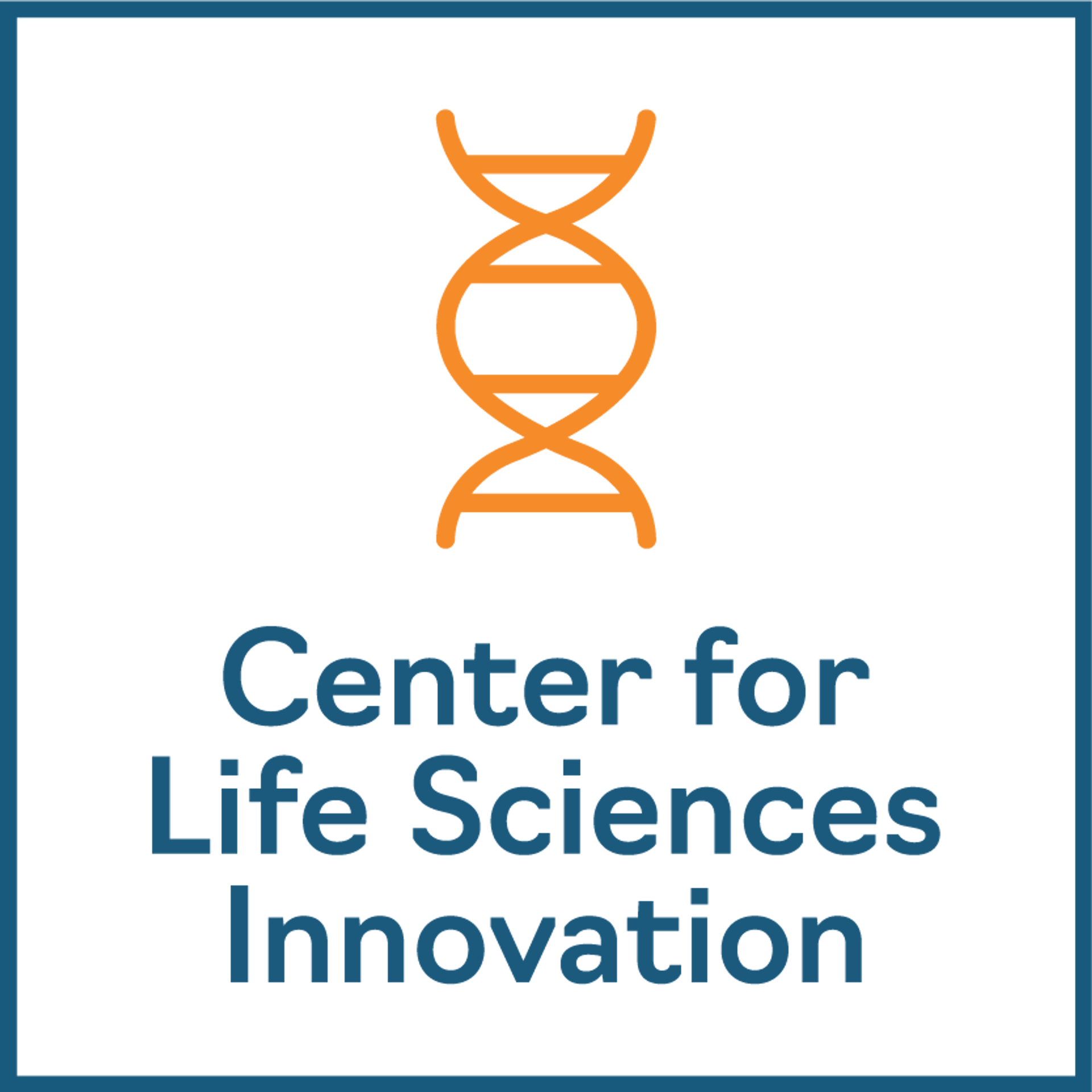How Using March-in Rights Would Threaten America’s Research Universities
Event Summary
For more than 40 years, the United States has enjoyed an effective system for encouraging research universities to transfer technology and innovation to the private sector for commercialization. The foundation of this system has been the bipartisan Bayh-Dole Act, which gives universities rights to license intellectual property (IP) they generate with federal funding for basic research and inventions. Because of this, many of America’s universities have developed highly innovative research programs that spur private-sector investment in their innovations to the benefit of surrounding communities and the broader economy across many sectors. Unfortunately, this innovation-and-investment pipeline now appears to be at risk because critics of the biopharmaceutical industry have seized on the dubious idea that policymakers can control drug prices by exercising the Bayh-Dole Act’s so-called “march-in” provisions to claim IP developed with federal funding. This would set a dangerous precedent and potentially upend a 40-year-old system that has become the bedrock of university-led research.
ITIF hosted a panel discussion with leading experts on innovation policy, technology transfer, and business, who spoke to the practical implications of exercising federal “march-in” rights and why it would be a grave and ill-timed mistake for the U.S. health, competitiveness, and research landscape.
Speakers








